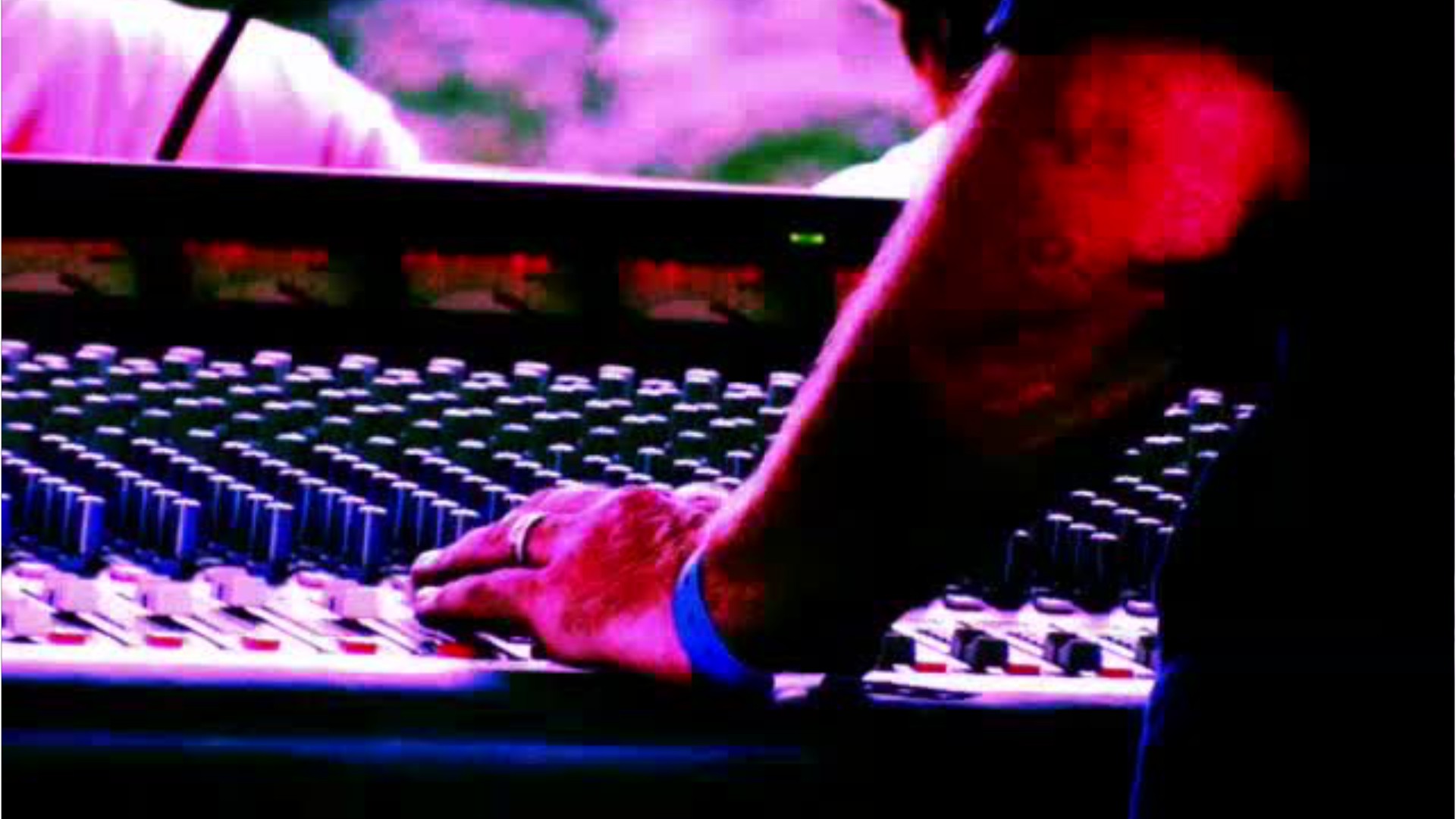Broadcast Technicians
Board Operator, Broadcast Engineer, Broadcast Technician, Control Operator
 Select a military branch to see samples.
Select a military branch to see samples.
Air Traffic Control; Airborne Mission Systems Specialist Apprentice, EC-130H; Bomber Combat Systems Officer; Emergency Management Apprentice; Executive Mission Aviator Journeyman, Presidential Airlift Group, Flight Attendant; Mobility Force Aviator Apprentice, E-8 Flight Engineer; Mobility Force Aviator Senior Enlisted Leader; Remotely Piloted Aircraft (RPA) Pilot, General; Sensor Operator Superintendent, AC-130W; Special Mission Aviator Journeyman, UH-1N/TH-1H Flight Engineer
Air and Missile Defense (AMD) Crewmember; Air Traffic Control (ATC) Operator; Cannon Crewmember; Electronic Warfare Technician; Infantry; Joint Fire Support Specialist; PATRIOT Fire Control Enhanced Operator/Maintainer; RQ-7 Operator; Signals Intelligence (SIGINT) Voice Interceptor; Special Forces Medical Sergeant
Electronics Technician; Information System Technician; Information Systems Management; Operations Specialist; Public Information Specialty
Advanced Cryptologic Language Analyst; Amphibious Combat Vehicle (ACV) Crewmember; Communications Chief; Field Artillery Cannoneer; Helicopter Crew Chief, CH-53; Joint Fires Observer; Light-Armored Reconnaissance (LAR) Officer; Reconnaissance Man, Parachute and Combatant Diver Qualified; Signals Intelligence/Electromagnetic Warfare Technician; Tank Officer
Acoustic Systems Specialist; AN/SRQ-4 W/EC-181 Ku Band Radio Terminal Set Electronics Technician; Carrier Air Traffic Control Center Controller; Cryptologic Subsurface Electronic Intelligence (ELINT) Signals Operator/Analyst; Flight Deck Communications System (FDCS) Maintenance Technician; Interior Communication Technician; MH-60R Multi Mission Helicopter Aircrewman; Naval Special Warfare (NSW) Tactical Information Operations (TIO) Operator; Sea Air and Land (SEAL); Strike Warfare Intelligence Analyst
No similar titles were found.
What they do:
Set up, operate, and maintain the electronic equipment used to acquire, edit, and transmit audio and video for radio or television programs. Control and adjust incoming and outgoing broadcast signals to regulate sound volume, signal strength, and signal clarity. Operate satellite, microwave, or other transmitter equipment to broadcast radio or television programs.
On the job, you would:
- Report equipment problems, ensure that repairs are made, and make emergency repairs to equipment when necessary and possible.
- Monitor and log transmitter readings.
- Maintain programming logs as required by station management and the Federal Communications Commission.
Knowledge
Engineering and Technology
- computers and electronics
- product and service development
Communications
- telecommunications
- multimedia
Arts and Humanities
- English language
Skills
Basic Skills
- thinking about the pros and cons of different ways to solve a problem
- listening to others, not interrupting, and asking good questions
Problem Solving
- noticing a problem and figuring out the best way to solve it
Abilities
Verbal
- listen and understand what people say
- read and understand what is written
Ideas and Logic
- notice when problems happen
- order or arrange things
Hand and Finger Use
- hold or move items with your hands
- keep your arm or hand steady
Personality
People interested in this work like activities that include data, detail, and regular routines.
They do well at jobs that need:
- Attention to Detail
- Dependability
- Cautiousness
- Adaptability
- Integrity
- Stress Tolerance
Technology
You might use software like this on the job:
Video creation and editing software
- Adobe After Effects
- Apple Final Cut Pro
Presentation software
- Microsoft PowerPoint
Operating system software
- Linux
- UNIX
Education
Education: (rated 3 of 5)
associate's degree or
some college
usually needed
some college
usually needed
Job Outlook
Below Average
New job opportunities are less likely in the future.
Explore More
- Audio & Video Technicians
- Electrical & Electronic Engineering Technologists & Technicians
- Electrical & Electronics Repairers, Commercial & Industrial Equipment
- Power Distributors & Dispatchers
- Robotics Technicians
You might like a career in one of these industries:
See more details at O*NET OnLine about Broadcast Technicians.





